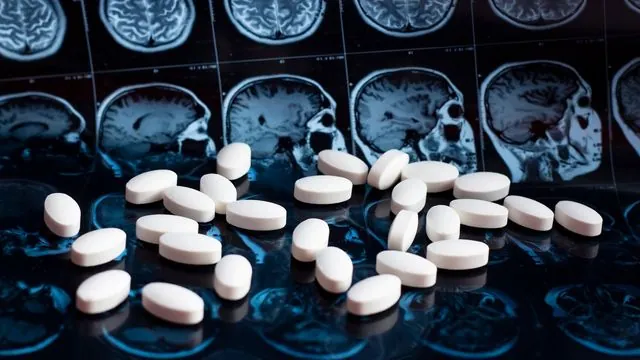
Revolutionary Nanoparticles Could Transform Brain Injury Therapies!
2025-04-09
Author: Siti
Breakthrough in Brain Medicine!
Researchers at Oregon State University have unveiled a groundbreaking method to deliver anti-inflammatory medicine across the notorious blood-brain barrier, a discovery that could lead to innovative treatments for serious conditions such as Alzheimer’s, multiple sclerosis, Parkinson’s, and even cancer cachexia.
Tiny But Mighty: The Role of Nanoparticles
This game-changing delivery approach utilizes specially engineered nanoparticles, minuscule entities measuring just 100 billionths of a meter. In tests conducted on mouse models, these dual peptide-functionalized polymeric nanocarriers successfully targeted the hypothalamus, delivering a drug that effectively inhibits a critical protein linked to inflammation.
The Impact of Inflammation on Health
Oleh Taratula, a professor in the OSU College of Pharmacy, expressed enthusiasm about the breakthrough: "Our work presents a significant breakthrough." The findings, recently published in Advanced Healthcare Materials, highlight inflammation in the hypothalamus as a key player in various debilitating syndromes.
Understanding Cachexia: A Deadly Condition
The hypothalamus, while small, is crucial in regulating body functions such as temperature, hormone levels, and appetite. Researchers focused on cachexia, a dire weight-loss syndrome often linked with cancers of the ovaries, stomach, lungs, and pancreas. This condition can affect 80% of advanced cancer patients, leading to muscle loss even in those who eat, dramatically reducing their quality of life and survival rates.
Tackling the Blood-Brain Barrier Challenges
Delivering anti-inflammatory treatments to the hypothalamus is incredibly challenging due to the blood-brain barrier (BBB), a protective shield that selectively allows substances to enter the brain. Taratula emphasizes that hitting the target within the hypothalamus is a daunting task. However, their innovative nanocarriers not only breach the BBB but also effectively release drugs when they reach activated microglia cells that mediate inflammation.
Promising Results: A Leap Forward!
The study's results are promising, showing considerable reductions in key inflammatory markers within the hypothalamus. The nanoparticles resulted in a staggering 94% increase in food intake while preserving body weight and muscle mass in the test subjects. But the potential doesn’t stop there!
A New Hope for Neurological Disorders
This nanoplatform’s capability to deliver drugs across the BBB and target microglia presents exciting possibilities for treating neurological disorders characterized by inflammation, such as Alzheimer’s disease and multiple sclerosis. Taratula concludes, "This opens new avenues for effective treatments that could radically improve patient outcomes."



 Brasil (PT)
Brasil (PT)
 Canada (EN)
Canada (EN)
 Chile (ES)
Chile (ES)
 Česko (CS)
Česko (CS)
 대한민국 (KO)
대한민국 (KO)
 España (ES)
España (ES)
 France (FR)
France (FR)
 Hong Kong (EN)
Hong Kong (EN)
 Italia (IT)
Italia (IT)
 日本 (JA)
日本 (JA)
 Magyarország (HU)
Magyarország (HU)
 Norge (NO)
Norge (NO)
 Polska (PL)
Polska (PL)
 Schweiz (DE)
Schweiz (DE)
 Singapore (EN)
Singapore (EN)
 Sverige (SV)
Sverige (SV)
 Suomi (FI)
Suomi (FI)
 Türkiye (TR)
Türkiye (TR)
 الإمارات العربية المتحدة (AR)
الإمارات العربية المتحدة (AR)